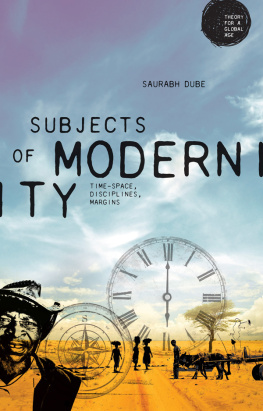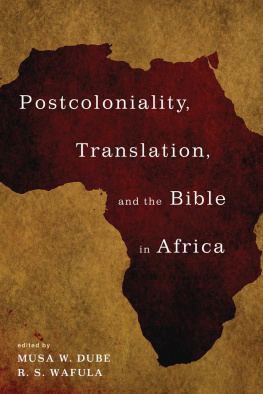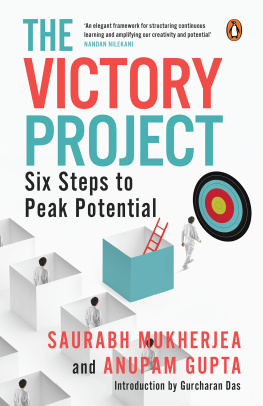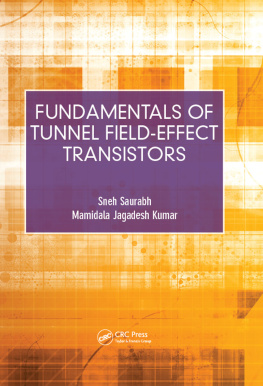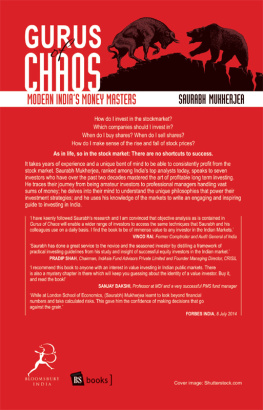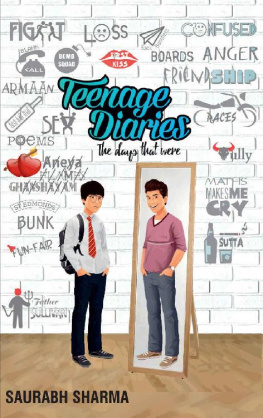THEORY FOR A GLOBAL AGE
Series Editor: Gurminder K. Bhambra
Globalization is widely viewed as a current condition of the world, but there is little engagement with how this changes the way we understand it. The Theory for a Global Age series addresses the impact of globalization on the social sciences and humanities. Each title will focus on a particular theoretical issue or topic of empirical controversy and debate, addressing theory in a more global and interconnected manner. With contributions from scholars across the globe, the series will explore different perspectives to examine globalization from a global viewpoint. True to its global character, the Theory for a Global Age series will be available for online access worldwide via Creative Commons licensing, aiming to stimulate wide debate within academia and beyond.
Previously published by Bloomsbury:
Connected Sociologies
Gurminder K. Bhambra
Eurafrica: The Untold History of European Integration and Colonialism
Peo Hansen and Stefan Jonsson
On Sovereignty and Other Political Delusions
Joan Cocks
Postcolonial Piracy: Media Distribution and Cultural Production in the Global South
Edited by Lars Eckstein and Anja Schwarz
The Black Pacific: Anti-Colonial Struggles and Oceanic Connections
Robbie Shilliam
Democracy and Revolutionary Politics
Neera Chandhoke
Published by Manchester University Press:
Debt as Power
Tim Di Muzio and Richard H. Robbins
John Dewey: The Global Public and Its Problems
John Narayan
Subjects of modernity
Time-space, disciplines, margins
Saurabh Dube
Manchester University Press
Copyright Saurabh Dube 2017
The right of Saurabh Dube to be identified as the author of this work has been asserted by him in accordance with the Copyright, Designs and Patents Act 1988.
Published by Manchester University Press
Altrincham Street, Manchester M1 7JA
www.manchesteruniversitypress.co.uk
British Library Cataloguing-in-Publication Data
A catalogue record for this book is available from the British Library
This work is published subject to a Creative Commons Attribution Non-commercial No Derivatives Licence. You may share this work for non-commercial purposes only, provided you give attribution to the copyright holder and the publisher. For permission to publish commercial versions please contact Manchester University Press.
Library of Congress Cataloging-in-Publication Data applied for
ISBN978 1 5261 0511 0hardback
ISBN978 1 5261 0513 4open access
First published 2017
The publisher has no responsibility for the persistence or accuracy of URLs for any external or third-party internet websites referred to in this book, and does not guarantee that any content on such websites is, or will remain, accurate or appropriate.
Typeset by Out of House Publishing
For Anna
a book of her own
Contents
Contestations of modernity cover the historical and cultural origins of the phenomenon while questioning understandings of the modern condition itself. This erudite and beautifully argued book encompasses both elements in its carefully crafted prose and analysis. Subjects of Modernity takes modernity as its subject and also enables those subject to modernity to be heard. This should not come as a surprise, however, as the author, Saurabh Dube, is himself located at the intersections of critical historical scholarship and an engaged anthropological tradition sensitive to the voices in need of amplification.
Subjects of Modernity takes on the disciplinary mappings of this key concept through a fresh consideration of the times and spaces of modernity, as well as examining the marginalized intimacies that inhabit its various forms. Drawing on the traditions of postcolonial thought, subaltern studies, and historical anthropology and the artistic reflections of Savindra Sawarkar Dube develops a nuanced deliberation of the academic and aesthetic trajectories of modernity. At the same time, he opens up new considerations of identities formed by and through such movements.
The broader empirical terrain covered by the book extends the scope for the reinvigoration and renewal of the associated concepts, categories, and paradigms of modernity. This is a renewal that enables us to rethink what we understand of, and with, modernity and ideas of the modern (subject). In this way, the book clearly illuminates one of the key concerns of the Theory for a Global Age series, that is, the call for the concurrent engagement of deep analysis with theoretical reconstruction. Dube not only presents a lucid account of the subjects of modernity, but accounts for those subjects in diverse and innovative ways. It is powerful, politically engaged scholarship at its best.
Gurminder K. Bhambra
University of Warwick
Subjects of Modernity was conceived in maculate ways.
Stellenbosch is a beautiful town, held as though in a glass bubble. It is caught in an uncanny warp, a vortex even, of snarled space and twisted time, which turn upon each other. Stellenbosch is set amid the hills of the Cape Winelands, a mere fifty kilometers or so from the haunting (and haunted) Cape Town. The stunningly gorgeous region, which produces some of the finest wines in the world, has been home to slavery, indenture (formal and informal), apartheid, and what followed. It was in these terrains which embody the contradictions of modernity, articulate the contentions of modernity, and express the contingencies of modernity that this book was born.
Late in the Antipodean winter of 2013, I was a fellow for three months at the spectacular Stellenbosch Institute for Advanced Study, commonly known as STIAS, aka the Stellenbosch Institute for Advanced Salads, something of a measure of the local envy for the place. My principal project there had begun as a history and anthropology of my high-school class in New Delhi, only to expand into something wider, a curious account of contemporary India. The critical archives for the project were the digital recordings of conversations with my cohorts, collected as part of my homework (not mere fieldwork, for we are speaking of school here). These were contained on my laptop computer, a rather raggedy machine yet one with sufficient memory. Enthusiastic and excited about working through the recordings, I had begun to settle into the rhythms of STIAS and Stellenbosch.
But then, the laptop was gone. It had been filched from our heavily secured apartment, provided by the Institute, in central Stellenbosch. The deed was done on a weekend. We (my partner, Ishita, and I) were out for the day with friends driving around the coast of the Western Cape. On a whim we had gone to Cape Agulhas, the southernmost tip of the African continent, which is actually strangely uninspiring, at least at deepening dusk. After losing our way in the dark and nearly colliding with an enormous porcupine our bedraggled party of four returned home late at night to discover something amiss: an overturned vase, a flowerpot askew, the immense dining table out of place, yet little that was obviously missing, except the tiny computer.



